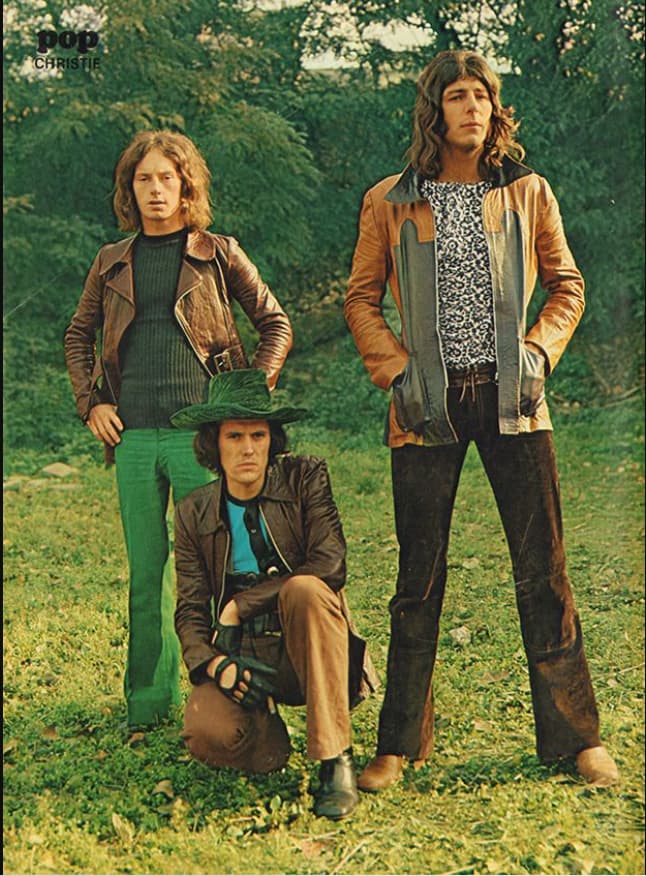
The Timeless, Bouncy Anthem of a Soldier’s Journey Home
Oh, the memories that come rushing back when that unmistakable, buoyant keyboard riff and those yearning vocals begin! For those of us who came of age in the heady days of the early 1970s, Christie’s “Yellow River” wasn’t just a song—it was a shimmering, golden moment of pure, infectious pop-rock optimism. Released on April 23, 1970, this song by the English band Christie, fronted by songwriter Jeff Christie, became an absolute phenomenon. It didn’t just climb the charts; it soared, hitting Number 1 on the UK Singles Chart in June 1970 and remarkably, reaching the top spot in an incredible 26 countries around the globe. In the US, it peaked at a respectable Number 23 on the Billboard Hot 100, cementing its status as a major international smash. Its immediate, colossal success was so impactful that it was said to have almost single-handedly made CBS Records the biggest label in 1970.
The story behind “Yellow River” is almost as charming as its melody. Jeff Christie originally wrote the song in 1969 and offered it to established British band The Tremeloes. They actually recorded the track, but in a pivotal decision that changed the fortunes of both groups, The Tremeloes decided not to release it. They were trying to transition to a more progressive rock sound and feared the song was too pop-oriented. Instead of shelving it, their producer, Mike Smith, simply took their backing track, erased their vocals, and recorded Jeff Christie’s voice over the existing music. Thus, the band Christie was hastily formed to back the record’s release, making the initial success of “Yellow River” a curious, almost accidental stroke of genius.
The true, timeless power of the song lies in its meaning. Despite its upbeat tempo and catchy hook, the lyrics carry a deep, poignant message of relief and homecoming after conflict. Jeff Christie confirmed that he wrote it, drawing inspiration from the idea of a shell-shocked soldier returning home at the close of the American Civil War: “Cannon fire lingers in my mind. I’m so glad I’m still alive. And I’ve been gone for such a long time from Yellow River.” However, its release in 1970, right in the thick of the Vietnam War era, gave it a profound and unintended resonance. American G.I.’s and veterans—many of them counting down the days until their conscription ended—immediately adopted the track as an anti-war anthem and a personal soundtrack to their long-awaited journey back to civilian life. Lines like “So long boy, you can take my place. Got my papers, I’ve got my pay…” resonated with a universal ache for peace and the simple joy of returning to a safe haven. This dual interpretation only magnified the song’s emotional and cultural impact, turning it into a classic for multiple generations. It’s no wonder it continues to evoke such powerful nostalgia—it is, at its heart, a song about the sweetest victory of all: coming home.